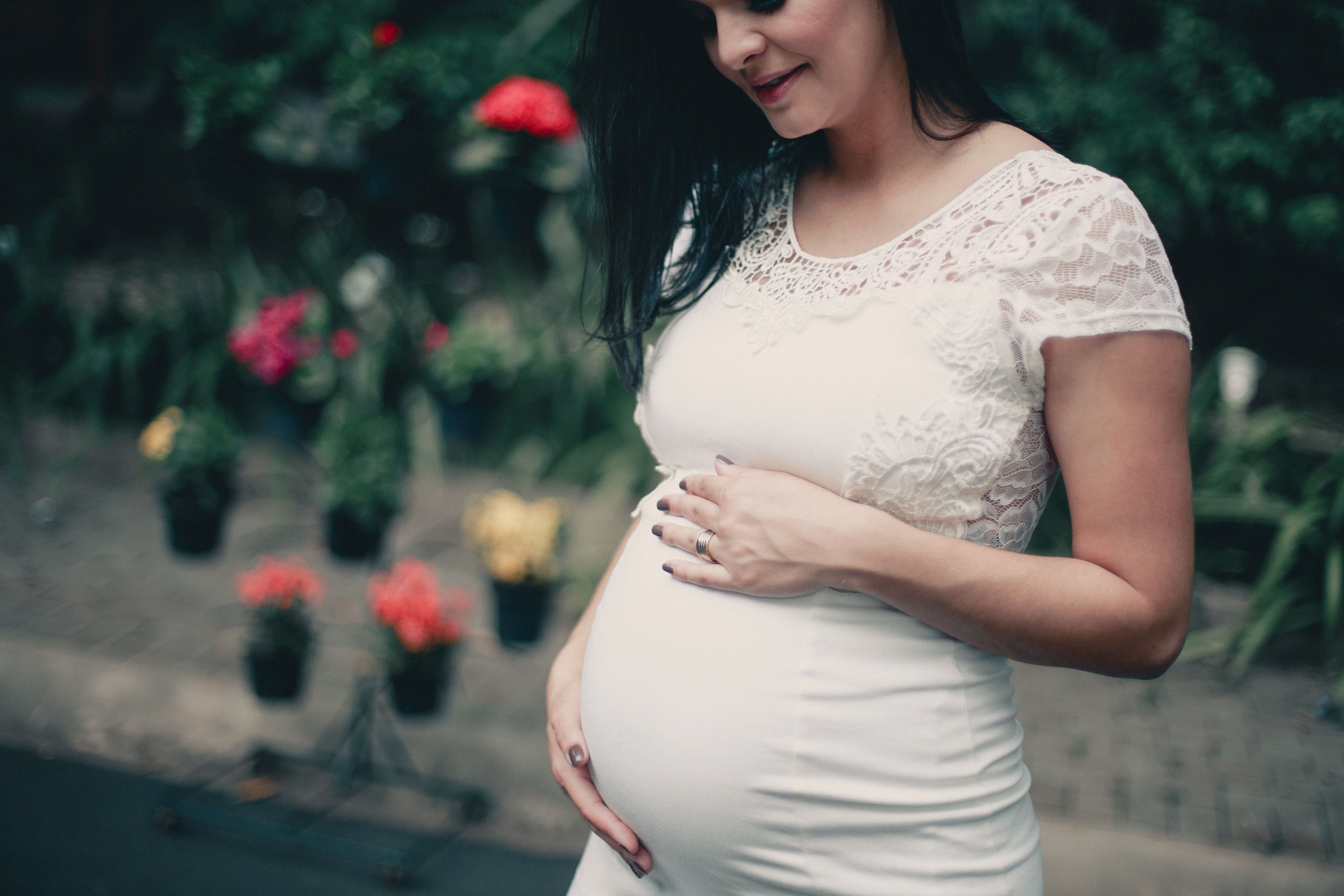Geographic Region Impacts Gut Microbiota More so Than IBD Status
The data presented during ECCO 2022 involved IBD patients both in Hong Kong and the US.

Geographic location may be a bigger factor in gut microbiota composition than whether or not the individual has inflammatory bowel disease (IBD), according to new data from the 2022 European Crohn’s and Colitis Organisation annual meeting.
A team, led by J. Hu, Icahn School of Medicine at Mount Sinai, Department of Genetics and Genomic Sciences, identified gut microbiome compositions for pregnant women and infants in Hong Kong and the US with or without IBD.
A Lack of Data
There is not much data on the impact of geographic location on the gut microbiota of pregnant women both with and without IBD and their infants.
In the study, the investigators examined 420 pregnant women and 331 infants enrolled in the MECONIUM (Exploring MEChanisms Of disease traNsmission In Utero through the Microbiome) study in Hong Kong and US.
The team collected fecal microbiota compositions from 105 mothers (Hong Kong: n = 47; US: n = 58) at the third trimester and 54 children (Hong Kong: n = 26; US: n = 28) at 1 month. This group was surveyed using 16s rRNA sequencing.
Results for Microbiome
The investigators found the birthweight of infants in Hong Kong was substantially lower compared to the infants in the US (P <0.001). However, other baseline characteristics were comparable.
There were also several different gut microbiome beta-diversity observed between pregnant women without IBD (PERMANOVA test, P <0.05) and their infants (P <0.05) from Hong Kong and the US.
Pregnant women without IBD in Hong Kong had a higher abundance of 15 taxa at the genus level including Bifidobacterium, Faecalibacterium and Bacteroides compared to pregnant women in the US without IBD. On the other hand, pregnant women without IBD in Hong Kong had a lower abundance of 6 taxa including Blautia and Turicibacter in comparison with pregnant women in the US without IBD.
For the infants born to women without IBD, those in Hong Kong had a higher abundance of 3 taxa including Klebstella and Escherichia/Shigella and lower abundance of Enterococcus in comparison with infants born to women without IBD in the US. After comparing the gut microbiome alpha-diversity of both groups of women and infant, both were lower in Hong Kong (with IBD: P = 0.077; without IBD: P = 0.13) and in the US (with IBD: P = 0.0024; without IBD: P = 0.019).
“Our results suggest the impact of geographic location on the gut microbiome diversity and composition irrespective of IBD status. Maternal IBD is associated with reduced microbiome diversity in infants in both the US and HK,” the authors wrote.
The study, “P050 A comparison of the Gut Microbiota in Pregnant Women with and without Inflammatory Bowel Disease and Their Offspring in Hong Kong and United States,” was published online by the European Crohn’s and Colitis Organisation.